“The mission of the Department of Management and Business Economics is to play an active role in the renewal of BME,” said BME’s Rector Charaf Hassan at the ceremony commemorating the 75th anniversary of the founding of the department. A university of engineering cannot operate without a business school, and BME wants to become more entrepreneurial-friendly in line with the upcoming model change, and the department can play a big role in that, the rector added.
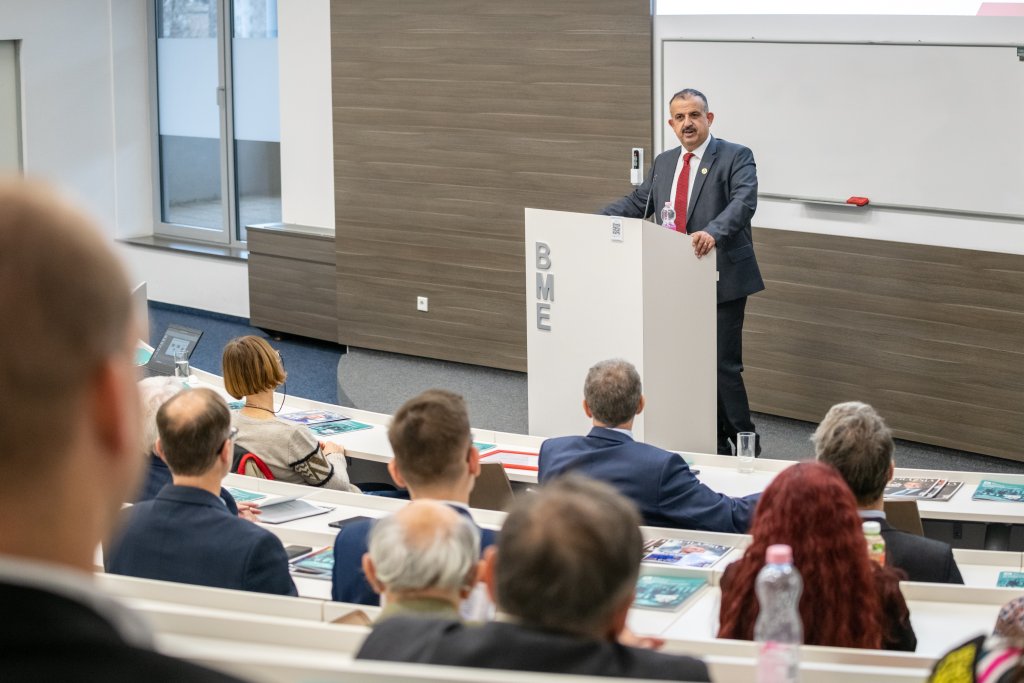
In his welcome speech, Tamás Koltai, Dean of the Faculty of Economic and Social Sciences (GTK), said that high-quality engineering work cannot exist without economic and human know-how, so it is no coincidence that economics was among the subjects taught at the Institutum Geometrico-Hydrotechnicum, the predecessor of BME, founded in 1782. He recalled that in 1934, “economics” was added to the name of the university and the Faculty of Economics was established. The new political regime that emerged after World War II preferred specialised universities, so in 1948 economics was removed from the teaching portfolio of BME. This void was filled by the Department of Industrial Planned Economics, the predecessor of the MVT. In 1998, a faculty with a profile in economics was re-established at the university, and the word “economics” was reincorporated in the institution’s name. It was then that the current structure of the Faculty took shape, with 9 departments and centres, and GTK became one of the largest faculties of the university in terms of its student body.
Tamás Koltai mentioned three reasons why he has never left the Department of Management and Business Economics in the past almost 40 years: the BME brand has high prestige both in Hungary and abroad, the close proximity of business practice always helped quality research, and the outstanding individuals working in the department in recent years, including founders István Harsányi and Zoltán Szendrovits, József Kindler and László Ladó, guaranteed high standards and the operation of outstanding professional workshops.
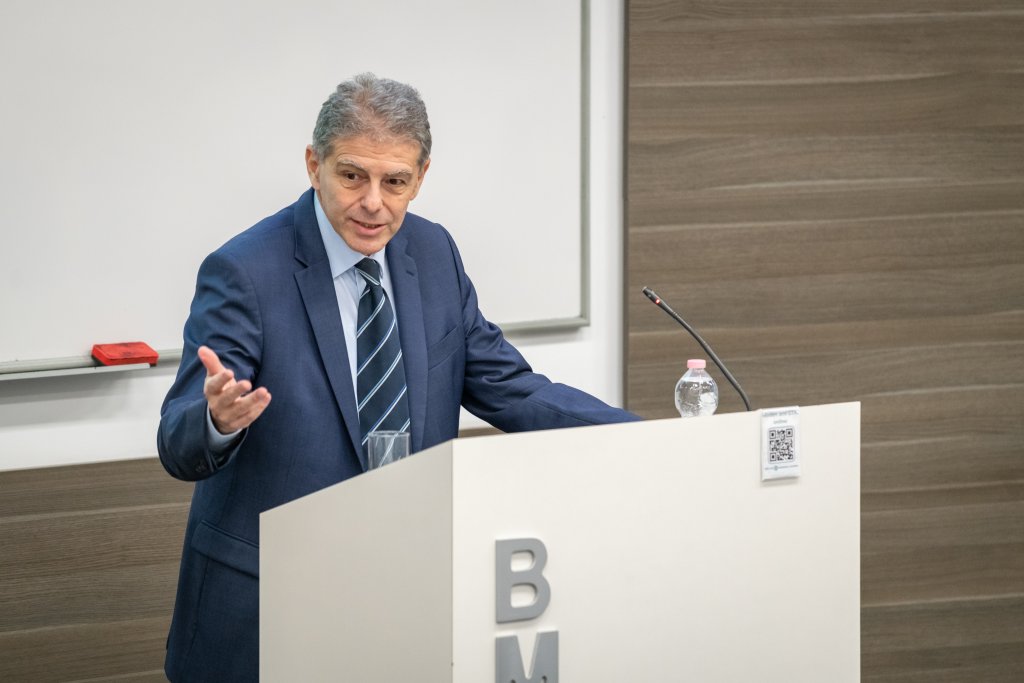
Associate Professor of the department Pál Danyi gave a lecture titled “A Little Hungarian Economic History in 11 pictures, 1949-2024”. In his overview, Danyi mentioned the nationalizations that started in the 1950s, the forced industrialization, the scarcity economy due to the fear of overproduction, and then the revival of growth due to the new economic mechanism of 1968 that moved from command economy to planned economy and the authorization of private enterprises, and the subsequent reversal in 1973. “Still, Hungary was the happiest barracks of the Eastern Bloc, but then the oil crisis hit hard, the state debt began to grow, and in 1982 only loans from the IMF and the World Bank saved the country,” he noted.
Although the 1986 fire of the production hall of Mikroelektronikai Vállalat, a microelectronics company heavily involved in research and development, was a dramatic event for both Hungarian technical sciences and the Hungarian economy, the transition to the market economy and privatization nevertheless took place during the political regime change, and from 1996 it was followed by the most successful 10 years in Hungarian economy. Another period of stable growth began in 2015, and the high-pressure economic policy worked well in the favourable international environment until 2019. “BME plays a crucial role in bringing engineers and managers together to create successful companies that can lead the country out of the middle-income trap,” said Pál Danyi.
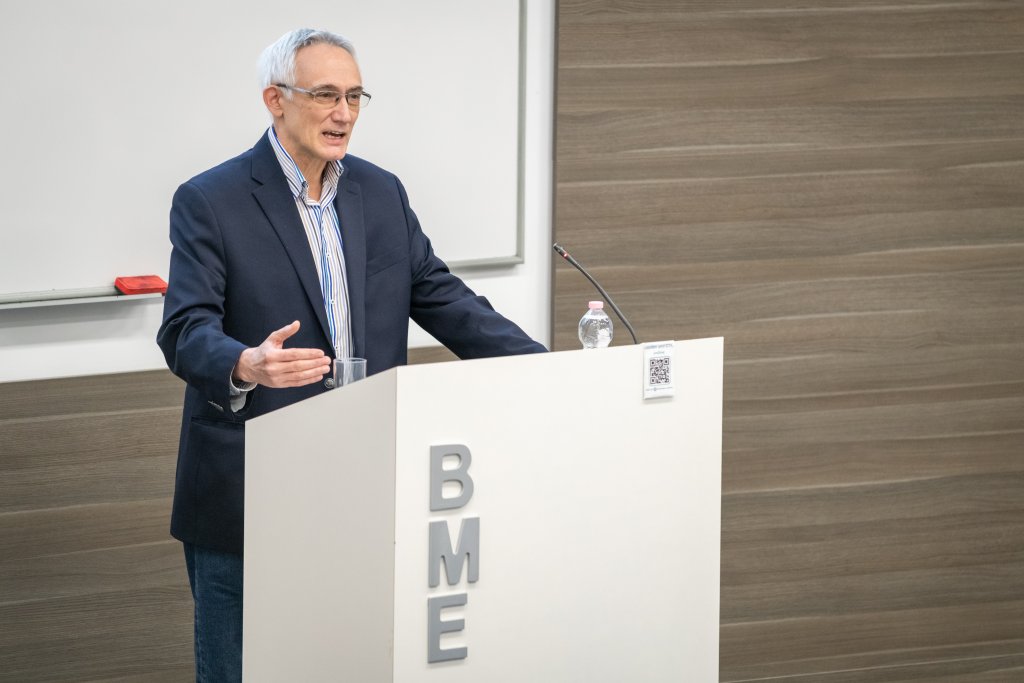
Head of the department and Vice Rector for International Relations András Nemeslaki presented the diploma awarded by the MTA’s Committee on Business Administration to the MVT for its 75th anniversary as a professional workshop, followed up with congratulating words by the chair of the committee, Krisztina Demeter, professor of the Corvinus University of Budapest. András Nemeslaki mentioned that the committee elected four former colleagues to the Atrium Memoriae Aeternae (Hall of Eternal Memory), founded in 2022: in addition to the mentioned József Kindler and László Ladó, Antal Máriás and János Susánszky also became members of this elite society.
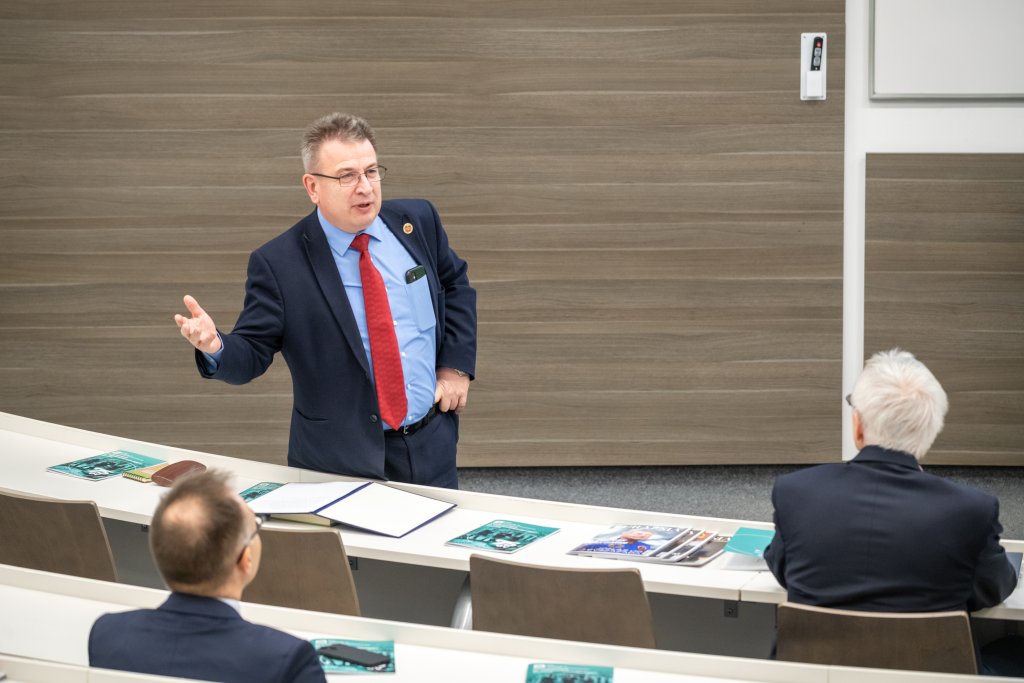
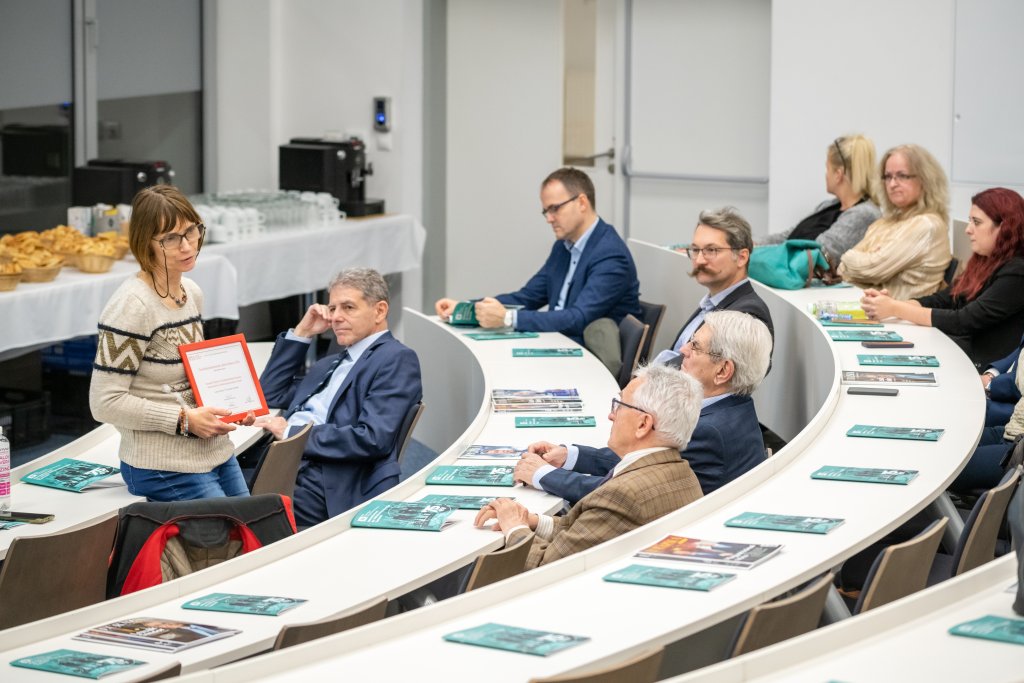
Speaking about the present of the department, he said that MVT accounts for about one third of the teaching and research load of the faculty. The lecturers work in 4 specialty groups – management, production management, quality management and marketing management – and the strategic focus areas are innovation management and business development, production and service process management and marketing.
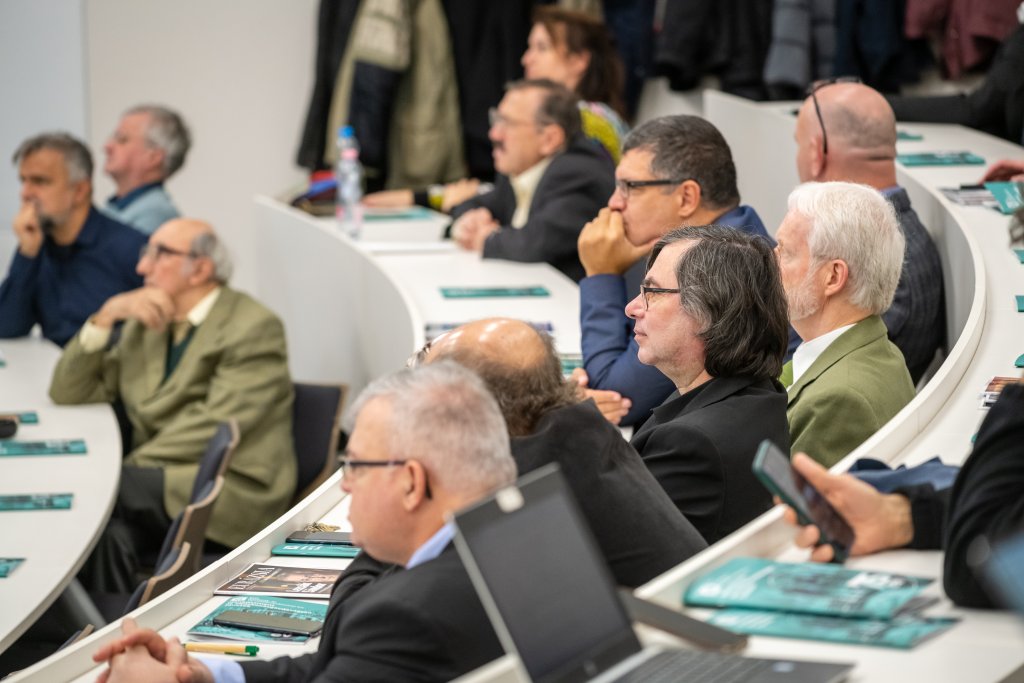
Several guests praised the activities of the department at the ceremony, including Zoltán Kovács, university professor at the Department of Supply Chain Management of the Institute of Management of Pannon University, and Tamás Mészáros, former rector of Corvinus University.
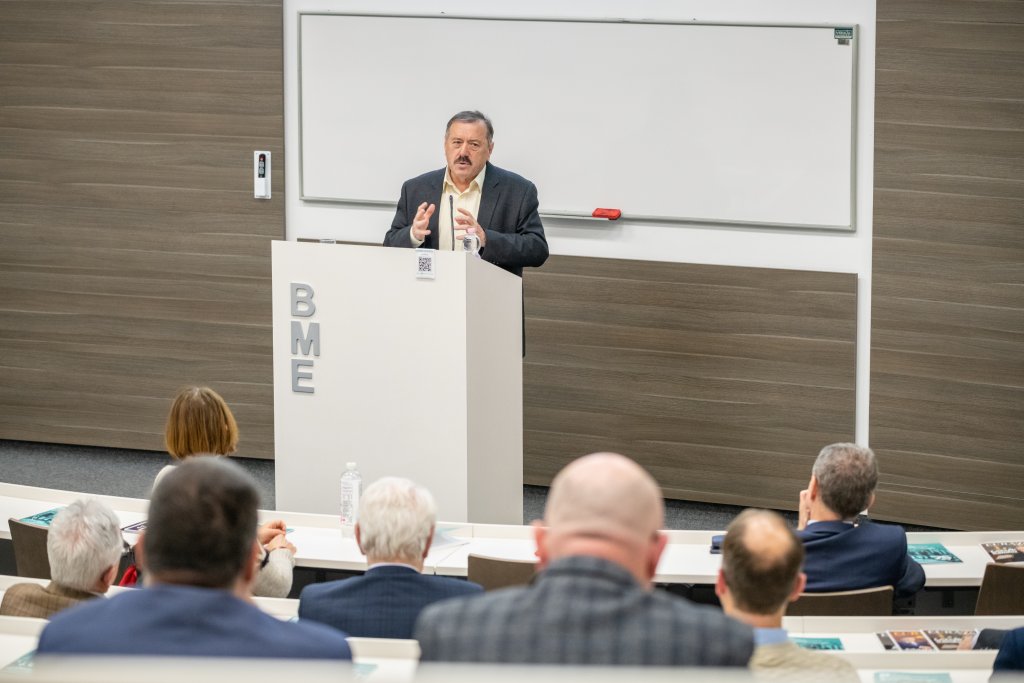
gp

